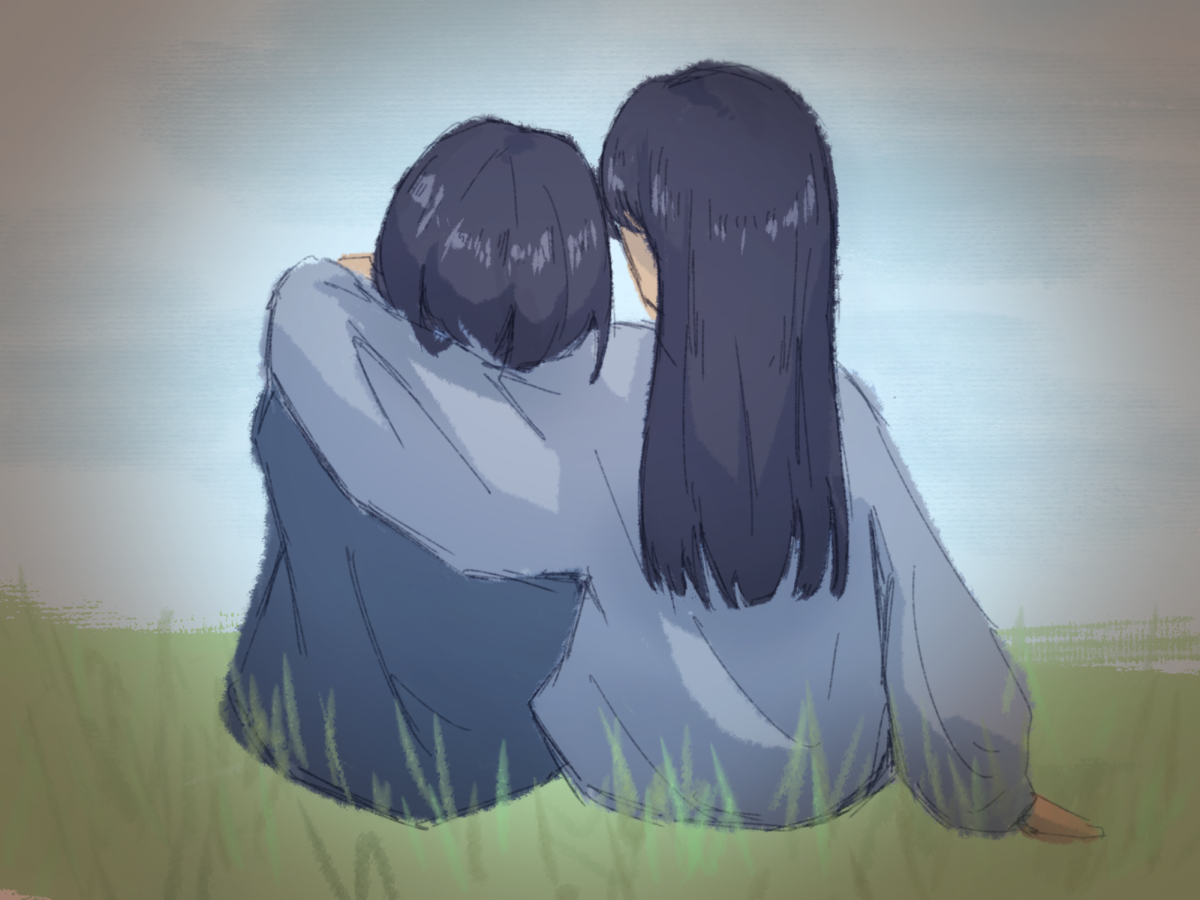A quote by essayist Henry David Thoreau states, “Could a greater miracle take place than for us to look through each other’s eyes for an instant?” As humans, it’s vital to understand each and everyone’s situation, but in the past few years, we have been preventing that due to a loss of empathy. This loss of empathy has been especially seen through the frequent use of social media, despite its original intent of instilling innovation and interaction, as well as recurring modern-day miscommunication. To prevent ourselves from a repeated cycle of carelessness and apathy, we should all strive to improve ourselves collectively, by taking our time into listening to others while also being able to establish boundaries with one another.
Our increase in indifference can be caused by our everyday usage of social media. Now, social media is, of course, well-known to be flawed. Although, it’s a great space for people to find like-minded individuals, showcasing one’s talents, and help them get recognized in careers, however, we cannot ignore the fact that we’re able to be influenced by most ideas spring up on apps. It’s very easy in the modern day to stumble upon hate comments from others. Whether that person posting seems to be having fun with no care or not, people usually make judgements on the person they do not know in real life. To add, the comments are also made to make fun of people by shaming their ability to express one-self. And with the overuse of nonchalance, now associated in imagining someone, and the promotion of being a hater, inconsideration is thus being normalized. It’s considered cool now to be indifferent and to be overly judgemental. This is seen in the idea of “cringe” content, which could be a person expressing themselves online through their interests and in excitement, only to be given comments regarding how weird their behavior is. Cringe itself is not objective, but comments online support cyberbullying, believing that “they deserved it” and it’s okay to bully others. This in turn shows how the collective altogether isolates themselves and portrays individuals in a negative light, further promoting rude behavior among others and declaring it as the norm. And as much as we can block users and ignore spaces, what we have consumed is not always easy to forget, since it can subconsciously cause us to view things in a negative light. Ultimately, social media has undercut the role of empathy, with hate comments online promoting the judgement of people online, resulting in these messages to be standardized to the general public.
The misuse of setting boundaries limits ourselves from understanding one another. A boundary is a common ground for each person in a relationship on what is acceptable and unacceptable. If one feels uncomfortable, then one should speak up immediately. But at times, we may lash out and inadvertently cause a break in our relationships. Was it wrong for us to speak out and talk about what makes us unhappy? Of course not, but because we lash out, we may hurt the people we love instead of talking it out. At the end of the day, we never know what people are going through, or the struggles they may be facing. We should not use this to move around one’s own feelings, we should take into account not only their emotions, but how we come across when we are addressing our thoughts. If we don’t seem open for communication, then we won’t understand one another and will cause greater harm. An example of this is seen in the article on the blog Tiny Buddha, writer Holly Hurban writes about how she had treated those around her poorly, giving them mean remarks and a sharp tone, largely due to her growing up in a household where her grandmother had pushed too hard on her family and spoke out sharply. This justified her actions on lashing out on others and fueled her intentions on continuing her severity against others, proving the impact of communication. Both our words and actions impact everyone around us. Whether we can justify them or not does not take away from the harm we caused, but we as humans forget the harm that we can produce in favor of our excuses. But at the same time, we need to grow as well, and to grow is to understand where one is coming from and how we ended up acting wrongly in the first place. This way, we can not only build stronger relationships, but also let ourselves differentiate and define what is assertive and what is harsh to others. Thus, boundaries have been misplaced into causing more harm than good through harsh tones and excuses, but we can overcome this if we acknowledge the harm in our actions and proceed to improve ourselves.
Acting out in a self-righteous manner additionally plays on our apathy, leaving us to not be able to fully listen to situations and act accordingly to what is deemed “right”. Our self-righteousness can make things seem as though it’s the other person’s fault for acting in such unethical way. Some may believe that it’s necessary to call people out for participating in bad actions such as supporting and promoting problematic behaviors, but in most cases, there are those constantly making out and shaming people on not appealing to moral standards. For example, imagine a scenario where you buy a Stanley cup, and the next day, your friend constantly complains in annoyance to see these water bottles and that people who participate in buying them are all overconsumers, as this craze had gotten to a point where last February, multiple people raced quickly to grab the new Valentine’s Day collection bottle. The craze for Stanley cups is considered too much, yes, but at that moment, wouldn’t you feel as though you were guilty for wanting to buy something you liked? It would feel as though you are disappointing the people around you, when we all know in reality that it’s the idea of being morally right and correct. Understanding from this perspective, we have an innate moralizing nature that eventually makes us think of those around us as ill-judged, so with that, we must dedicate ourselves to let the people we love express themselves and who they want to be as a person, without berating them for not wanting to subject themselves to our own opinions.
Overall, we are losing our empathy, day by day, to the influence of social media, misunderstandings of boundaries, lashing out on others without proper communication, and our believed morally superior stances as a way to shame and discourage others. However, we can learn to prevent this if we all keep an open mind to the world around us. We won’t wither away the flaws within ourselves, but we can prevent those flaws from taking over ourselves today, so we can help support the lives of the people we love and help society overcome negativity.





































